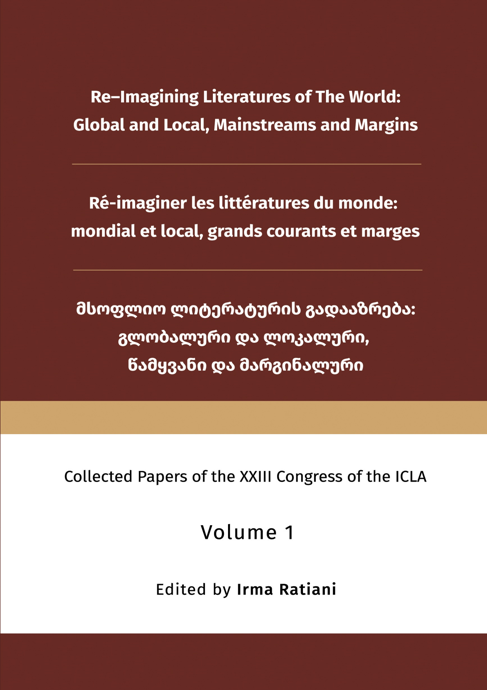Criticizing by Creating: Friedrich Schlegel’s Early Romantic Idea of “Criticism”
Main Article Content
Abstract
Friedrich Schlegel is the main representative of early German Romanticism. His romantic poetics are not only important for the development of German poetry, but also for the change from Classic to Modern in European intellectual life. And at the center of his theory is the term “criticism” (Kritik). There is already a lot of re-search on this term, including Walter Benjamin’s doctoral thesis The Concept of Art Criticism in German Romanticism. Most of them put this term in the Cartesian and Kantian tradition and see it as an artistic expression of philosophical “reflection”. This is indeed one of the most important perspectives to view this term, but in Schlegel's case this is only the first step. In addition, most of these studies are limited to works from his romantic period only, and his earlier works on classical studies are usually not included, which makes the analysis of this term incomplete. Accordingly, this essay attempts to advance the discussion of Schlegel's romantic “Criti-cism” in two directions. First, apart from the traditional reflective dimension, this term will further be explored in a skeptical, pheno-menological and existential dimension respectively. Second, his classical studies, especially the studies of Greek poetry, will also be included in the discussion because they have also played an impor-tant role in the shaping of this term. Through these efforts, this essay intends to prove that literary criticism is actually another name for poetic creation in Schlegel’s romantic poetics, and more importantly, it also reflects the transformation from Classic to Mo-dern in European intellectual life.
